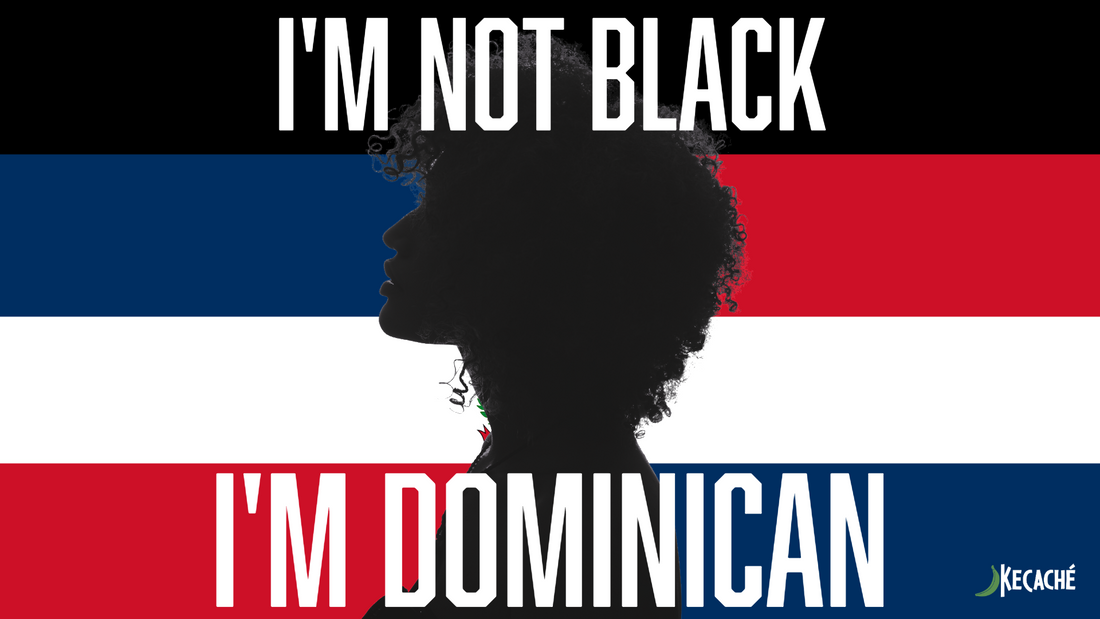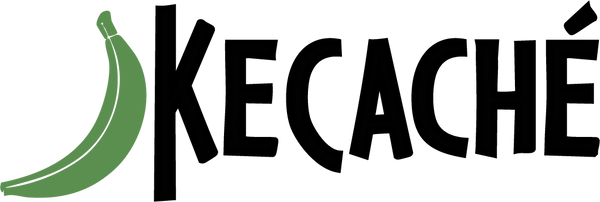
"I Ain’t Black. I’m Dominican." Understanding Dominican Identity Beyond Race
Share
Beyond Black and White: Understanding Dominican Identity Through Culture, Not Race
When people ask a Dominican if they are Black, the answer is often "I’m Dominican." To outsiders, this response might seem like denial or confusion, but for Dominicans, it is neither. It is a reflection of how they define themselves—through culture, not color. Unlike in other places where racial identity is a primary label, Dominicans embrace their history, their traditions, and their mix of influences as one collective identity.
And let’s be real—unless you’re asking a Dominican the obvious, like looking at someone with dark skin and saying, “Are you Black?”—they won’t even entertain the question. Why ask something you can already see? But identity isn’t about just looking at someone—it’s about understanding where they come from. And for Dominicans, their identity is rooted in their culture, not their race.
Why Dominicans Say “I’m Dominican” Instead of “I’m Black”
1. Dominican Identity Is Culture, Not Color
In the Dominican Republic, identity isn’t about choosing between Black or White—it’s about being Dominican. That means embracing the rhythms of merengue and bachata, gathering around plates of mangú and sancocho, and celebrating life with the vibrancy of Carnaval. It’s about family, traditions, and a shared way of life that transcends skin tone.
While other societies might define people by race first, Dominicans define themselves by who they are as a people. The country’s history, language, music, and traditions are what shape its people—not just their physical appearance.
2. We Are a Mix, and We Love It
Dominicans don’t reject their African roots—they embrace them. They also embrace their European and Taino influences. Dominicans love their colors—whether light-skinned, dark-skinned, or somewhere in between, they take pride in their diversity.
Dominican culture is a reflection of this mix. From the African influence in music and spirituality, to the Spanish influence in language and architecture, to the Taino influence in food and words still used today—Dominicans carry all of it with pride. They don’t feel the need to pick one over the other because they are all of it.
This is why, in a single Dominican family, one sibling might have dark skin and curly hair, while another has light skin and green eyes. Yet, despite their differences in appearance, they all call themselves Dominican first.
3. We Are Proud of Our Heritage
Unlike in countries where race can be a point of division, Dominicans celebrate their mix as a source of pride. Carnaval is a perfect example—it showcases all parts of Dominican history. Figures like Los Tiznaos represent the African influence, Los Indios pay homage to the Tainos, and Los Españoles acknowledge the Spanish settlers. These elements are not separate; they are all part of what makes Dominicans who they are.
This pride in diversity is why Dominicans don’t see the need to box themselves into one racial category. Their identity is already whole.
Racism Exists, but Identity Remains Dominican
This isn’t to say that racism doesn’t exist in the Dominican Republic. There are prejudices—some lighter-skinned Dominicans look down on those with darker skin, while some darker-skinned Dominicans hold resentment toward lighter-skinned people. But despite these tensions, race does not determine Dominican identity the way it does in other countries.
A Dominican with dark skin and a Dominican with light skin may have different experiences, but they will both still say, "I’m Dominican." Unlike in the U.S., where someone with African ancestry is automatically categorized as Black, Dominican identity is broader. It is based on culture, history, and shared traditions—not racial labels.
More Than Just a Skin Tone
So when a Dominican with dark skin is asked, "Are you Black?" they will likely respond, "I’m Dominican." Not because they don’t recognize their African heritage, but because they don’t need race to define them.
Dominicans love their colors—all of them. They embrace their African, Spanish, and Taino roots with pride. But above all, they embrace their culture, their way of life, their history.
That is why being Dominican is more than just skin deep. It is a rich, diverse, and unshakable identity that cannot be simplified into just Black or White.
Because Dominicans know exactly who they are. And that is something to be proud of. 🇩🇴❤️
